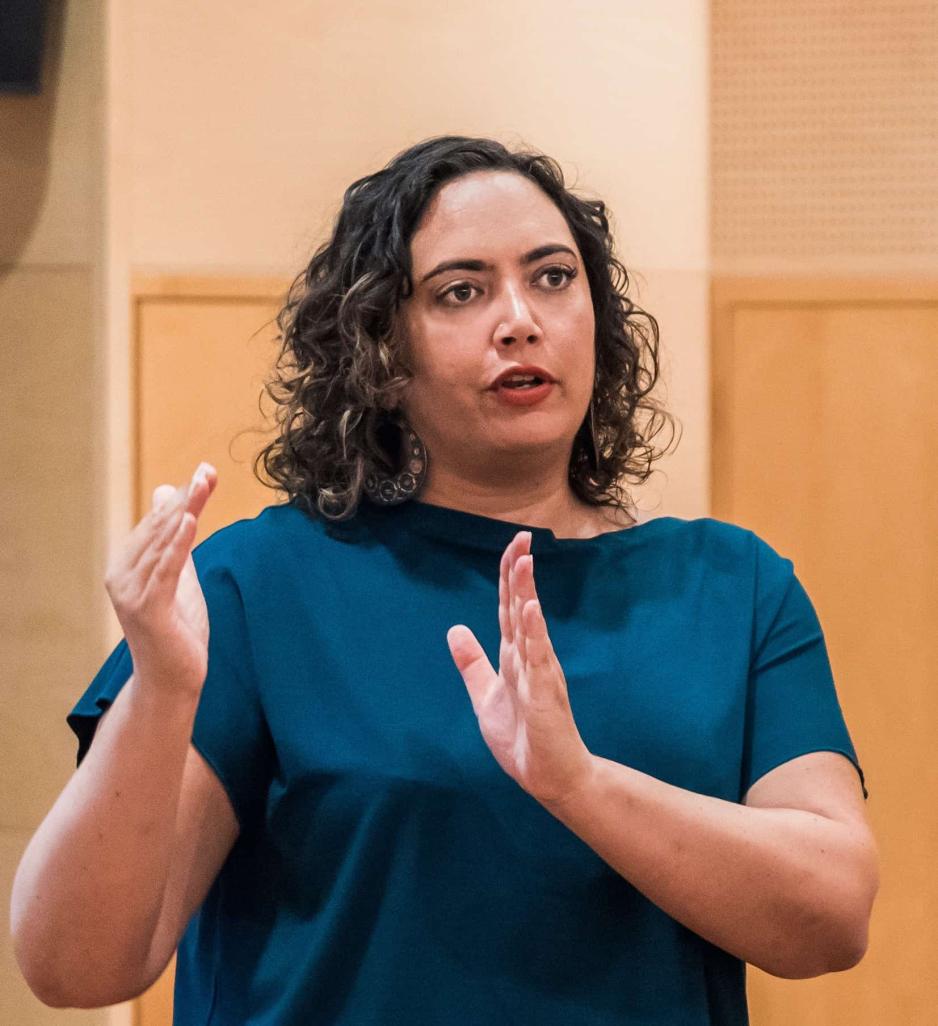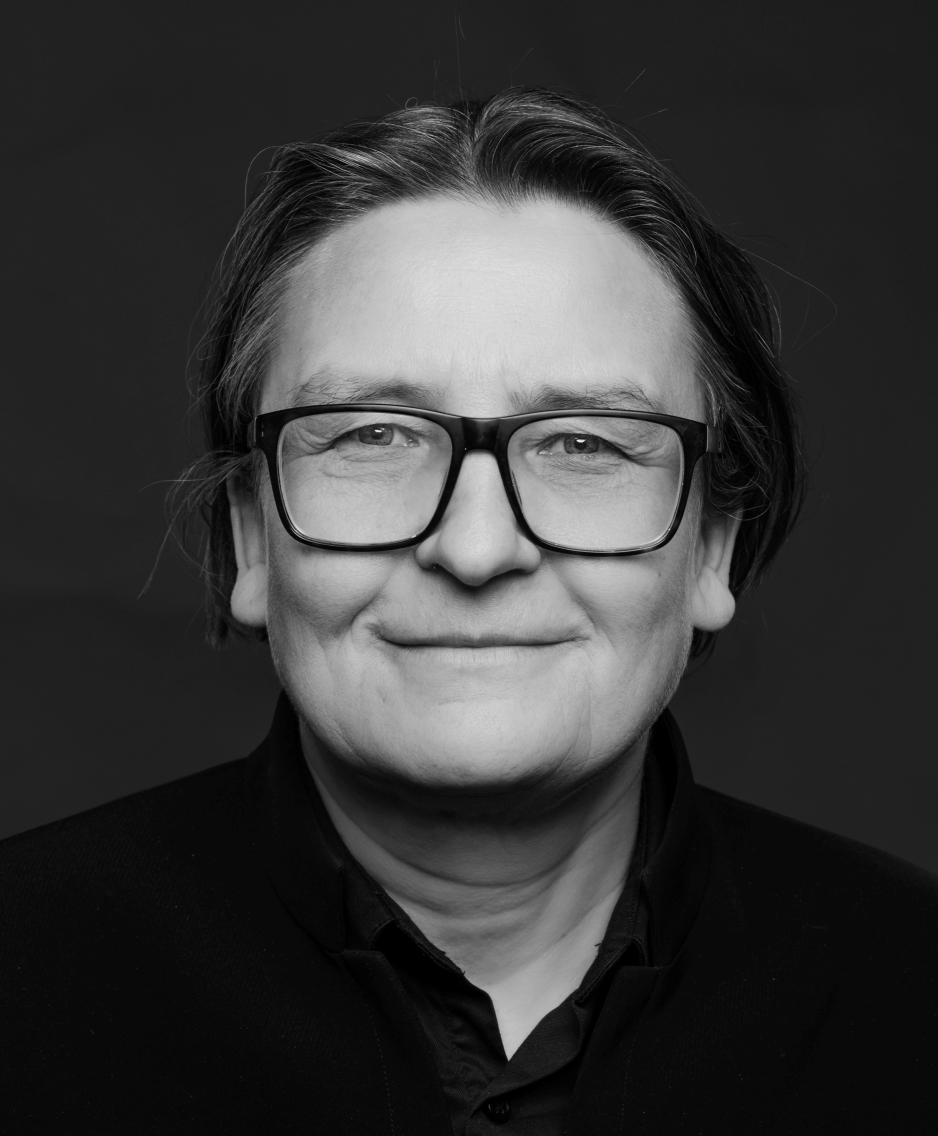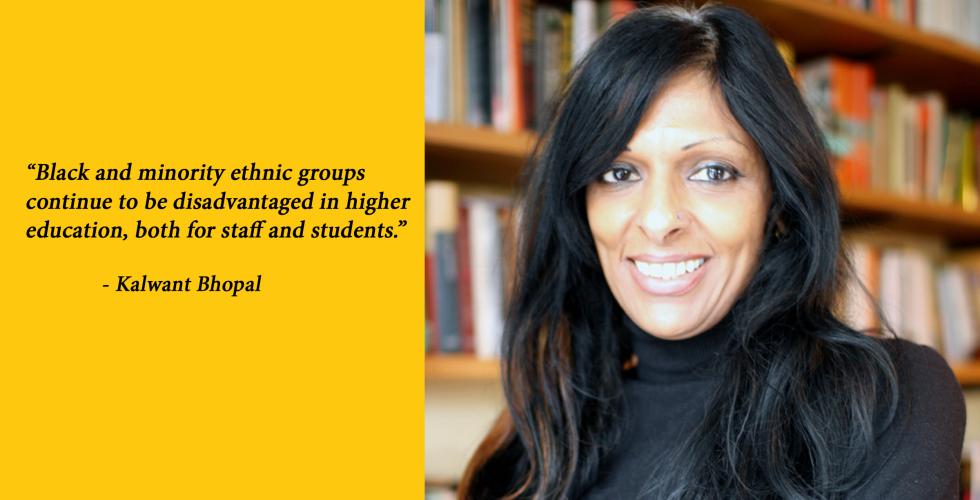Everyday racism exists in academia too
“It’s both surprising and not really that big a revelation that everyday racism is fairly similar whether you work in academia or anywhere else,” says Mona Abdel-Fadil, researcher at the Norwegian Center for Holocaust and Minority Studies.
Norway has had an action plan against racism and discrimination on the grounds of ethnicity and religion since 2019. The Government is now in the process of creating a new action plan against racism and discrimination.
“I think that the university and university college sector should be a separate focus area in the Government's new action plan against racism and discrimination,” says Mona Abdel-Fadil.
“We must recognise that this sector is symbolic, in that it sets the premise for the way forward into working life, to a much greater extent than other sectors.”
This is according to Abdel-Fadil, who researches racism and anti-Muslim hatred, commenting on what place the university, university college and institute sector will have in the upcoming action plan against racism and discrimination.

Academia does not see its true self
“The main topics will be the way into and upwards in working life, in addition to young people's experiences of racism and discrimination in various arenas of society, such as school, education, volunteering, leisure and social media,” state secretary Nancy Herz writes in an email.

“We are still at an early stage in the process and are holding input meetings with relevant stakeholders to hear about their experiences and to get input for action,” explains Herz.
The previous action plan referred to working life in general. Abdel-Fadil, however, believes that this sector differs from other sectors:
“What sets the sector apart is that there is a kind of misconstrued belief that ‘we don’t have a problem with racism and discrimination because we are so reflective, highly educated, and have a plan for equality work.’”
Breaking down that kind of self-understanding is difficult because it’s hard to prove that it’s not actually the case,” according to Abdel-Fadil.
“But we have seen in previous studies, including the Young Academy of Norway report from 2019, how high a proportion of people feel discriminated against in this sector.”
Those who report racism are labelled as oversensitive
Abdel-Fadil is one of three curators behind the exhibition “(In)visible Racism in Norway” (see fact box). The goal is to highlight everyday racism as described by researchers, artists and people who have experienced it.
“The idea that you should tolerate a racist joke is something that we see again and again in the material,” says Abdel-Fadil.
“Many people experience different kinds of racist remarks being disguised as a joke, and if you choose to speak up, you’re perceived as touchy.”
“It's a sort of catch-22 situation, where you can’t speak up or be taken seriously. Speaking up will mark you out as oversensitive, but if you don't, you won't be respected,” she says.
One overall finding is that many people have experienced racism throughout their lives. Abdel-Fadil was surprised by the fact that many of the experiences involve memories that go all the way back to kindergarten age.
Several people say that such experiences are just part of life, according to Abdel-Fadil.
“Are any of these informants students or employees in the higher education sector?”
“Yes, several of them have higher education and some of the informants work in academia.”
“Do you think racism is different in academia?”
“It’s both surprising and not that big a revelation that everyday racism doesn’t really differ that much in academia from anywhere else."
“Many of us may have hoped that it would be more covert or sophisticated in the higher education sector, but it isn’t."
“One very clear finding from our interviews is that many students don’t complete their studies because of the exaggerated focus on their ethnic and religious background.”
Abdel-Fadil believes that this is explained by the lack of comprehensive diversity work in the sector.
“We should have come much further in thinking and implementing diversity at all levels: making permanent appointments that mirror the population, expanding the curriculum, making adaptations for employees and students with native languages other than Norwegian.”
She believes another major challenge in academia is that a large proportion of the staff members who are not from a majority background are temporary employees.
“Having to constantly point out the differential treatment you witness or experience yourself takes it out of you, especially when you’re not in a permanent position.”
“We have to think about what discrimination does to people"
Abdel-Fadil has worked on racism and discrimination in several capacities. In addition to conducting research in the field, she has worked as a diversity adviser in Bærum municipality and has been an employee with a minority background in academia.
Abdel-Fadil is concerned that experiences of racism impact physical and mental well-being and believe they need to be processed. In a new project at the Norwegian Center for Holocaust and Minority Studies, she uses improvisational theatre as a tool to process such experiences.
“My main focus here is processing experiences rather than bringing more stories to light."
She believes this should also be reflected in the Government's work on the new action plan.
“Plans and research on the subject are all well and good, but I think we already have a pretty good basis for saying that clearer measures are needed to help those who have experienced racism and discrimination. We have to seriously consider what it does to the individuals involved."
“What should apply in particular to the research sector?”
“This sector sorely needs better staff composition and more training in diversity recruitment, and they have to focus on real inclusion of employees,” she says.
This was also a pattern that clearly emerged in the exhibition interviews, she says.
“On paper, everyone is included, but many people find they are prejudged, ridiculed and met with racist abuse/comments or physical harassment. This can happen anywhere and at any time, even at school or work.”
The first thing the research sector should do is admit that its competence isn’t as good as it could be when it comes to this issue,” says Abdel-Fadil.
“Instead of learning more about where the shoe pinches when it comes to racism and discrimination, the sector should shift its focus to what can be done to ensure that people who have already had these kinds of experiences don’t go on to have more of them.”
“Should invest in someone who actually has diversity competence"
Abdel-Fadil believes that the research sector sorely needs diversity training and guidance from qualified professionals.
“The sector should invest in someone who actually has diversity competence, and who can offer process and case-based learning, which is rooted in practice.”
“Ideally, these people should have a relevant education in, for example, social anthropology, multicultural understanding or organisational management, and they should have practical experience in the field.”
Common challenges in the fight against racism and discrimination
The National Committee for Gender Balance and Diversity in Research (KIF Committee) works to support and provide recommendations on measures to improve gender balance and diversity in universities, university colleges and research institutes.
In 2019, the Committee submitted input to the first action plan against racism and discrimination, highlighting the lack of inclusion and diversity measures at institutions and the lack of research and surveys on under-represented and marginalised groups.

Ragnhild Hennum, Dean of the Faculty of Law at the University of Oslo and head of the KIF Committee, believes that an action plan against racism and discrimination is important.
“The KIF Committee works on these issues in the university, university college and institute sector,” she writes in an e-mail.
“We will discuss whether the Kif Committee should provide input to the action plan to ensure that the issues in our sector are also highlighted,” adds Hennum.
The Government has recently launched the website "Input to action against racism and discrimination - regjeringen.no" (in Norwegian only) and is ready to receive input, writes state secretary Nancy Herz:
“We hold input meetings across the country, primarily inviting organisations that work on racism and discrimination on the grounds of ethnicity and religion. We have already held and will continue to hold our own meetings with researchers, organisations and individuals engaged in this field."
Researcher Abdel-Fadil believes it is good that the Government is now giving everyone – including the general public – the opportunity to provide input, and hopes that the information reaches everyone who wants to have a say.
Translated by Allegro Language Services.
Mona Abdel-Fadil is a researcher II at the Norwegian Center for Holocaust and Minority Studies. She is currently researching racism and anti-Muslim hatred, and is one of three curators behind the exhibition "(In)visible Racism in Norway".
The exhibition is based on 50 interviews with people from different minority backgrounds and from different places in Norway.
The exhibition will run until 31 December 2022. More information about the exhibition (in Norwegian only) at the Center.
The Norwegian Government's Action Plan against Racism and Discrimination on the Grounds of Ethnicity and Religion 2020–2023 (Extracted Version)
Definitions:
Racism is manifested as incitement, harassment and hatred both through statements and actions. It can be expressed both in extreme ideologies and violence, and in more everyday attitudes and actions.
Discrimination is a concept that may have slightly different content, depending on the context in which it is used. The Equality and Anti-Discrimination Act defines discrimination as direct or indirect differential treatment that is not lawful.




